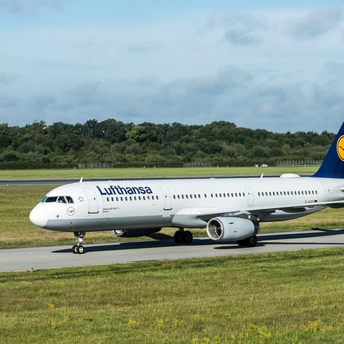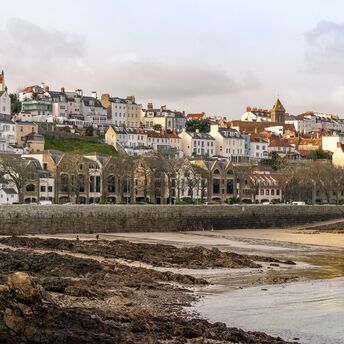Demonstrations Against Portugal's Housing Crisis: Tourism and Escalating Property Values

Thousands of demonstrators have gathered across Portugal to express their concerns over the unaffordable housing market and surging rental rates. The ongoing housing crisis has impacted both residents and travelers alike, with an acute shortage of affordable long-term rental properties, especially in areas popular with tourists.
Portugal's tourism boom in recent years has played a significant role in aggravating the housing dilemma. The increase in short-stay accommodations offered through platforms like Airbnb has further reduced the supply of long-term rentals available to locals. Numerous properties that might otherwise serve the local population are now used exclusively for tourist lodgings, leading to increased prices.
Moreover, an influx of affluent foreign nationals, attracted by Portugal's favorable tax policies, has driven up demand for luxury real estate, adding even more strain to the housing market. This has posed serious challenges for residents, especially in metropolitan areas like Lisbon and Porto, where housing prices have risen dramatically in recent years.
Government Response and Public Skepticism
The Portuguese administration, under Prime Minister Luís Montenegro, has pledged a €2 billion initiative to develop 33,000 housing units by 2030. However, many critics remain unconvinced that these measures will effectively tackle the crisis. They argue that such efforts fail to address the fundamental causes of the housing shortage, particularly in light of the sustained demand driven by tourism and foreign investment.
Implications for Travelers
For visitors planning trips to Portugal, this housing crisis could influence their travel plans. With the reduced availability of long-term rentals, prices for short-term stays are expected to rise, making vacations less budget-friendly. Nevertheless, Portugal continues to be a desirable destination with its rich cultural heritage and stunning landscapes.



















